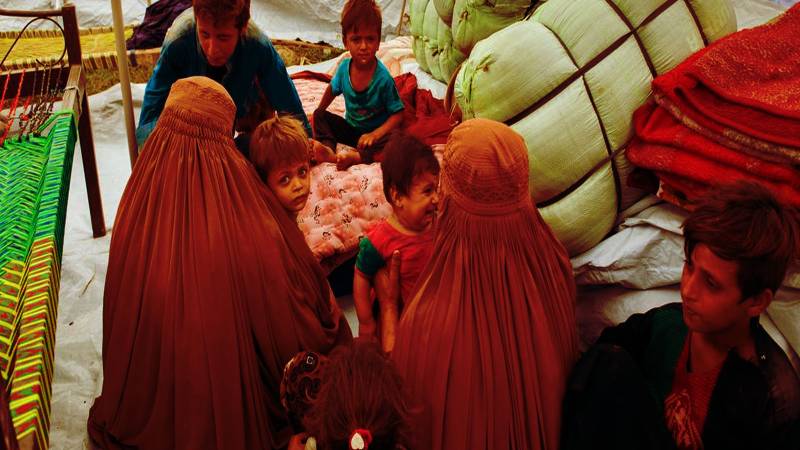
A coalition made up of former high-ranking US officials and resettlement organizations has issued an urgent plea to Pakistan not to deport Afghans looking for refuge in and visas for the US.
The appeal comes weeks after Pakistan set November 1 as the deadline for all unlawful migrants living there to depart on their own or risk expulsion once the time expires. A significant portion of these migrants are Afghans.
Around 20,000 Afghans—and maybe more—belong to the aforementioned migrants. They fled their country after the Taliban retook power in 2021. Many of these migrants in Pakistan are awaiting the results of their applications for Special Immigration Visas (SIVs) for US citizens or for refugee resettlement in the US.
Eighty former senior US officials, other people, and US resettlement organizations signed an open letter sent to the Pakistani embassy, which stated that "to deport them back to an environment where their lives would be in jeopardy runs counter to humanitarian principles and international accords signed by Pakistan.”
They comprised two retired US generals, three former US ambassadors to Kabul, and Colin Kahl, who served as the third-ranking Pentagon officer until July.
The letter was prepared by #AfghanEvac, the major alliance of US NGOs tasked with resettling Afghans in the US who fear reprisal for serving the US government or organizations with ties to the US during the 20-year American battle with the Taliban.
Former translators, journalists, women activists, and "other professionals" who "face considerable threats" if they return home" are among those in Pakistan awaiting the completion of their applications for SIVs or refugee resettlement.
The signatories demanded that Pakistan stop deporting those Afghans and "at a minimum" spare them from incarceration or deportation.
Pakistan says the deportation procedure will be systematic, carried out in stages, and may start with those with a criminal history.
Islamabad said that 1.73 million Afghans living in Pakistan lack legal identification. It also claimed that 14 of the 24 suicide attacks that have taken place this year involved Afghan nationals.

